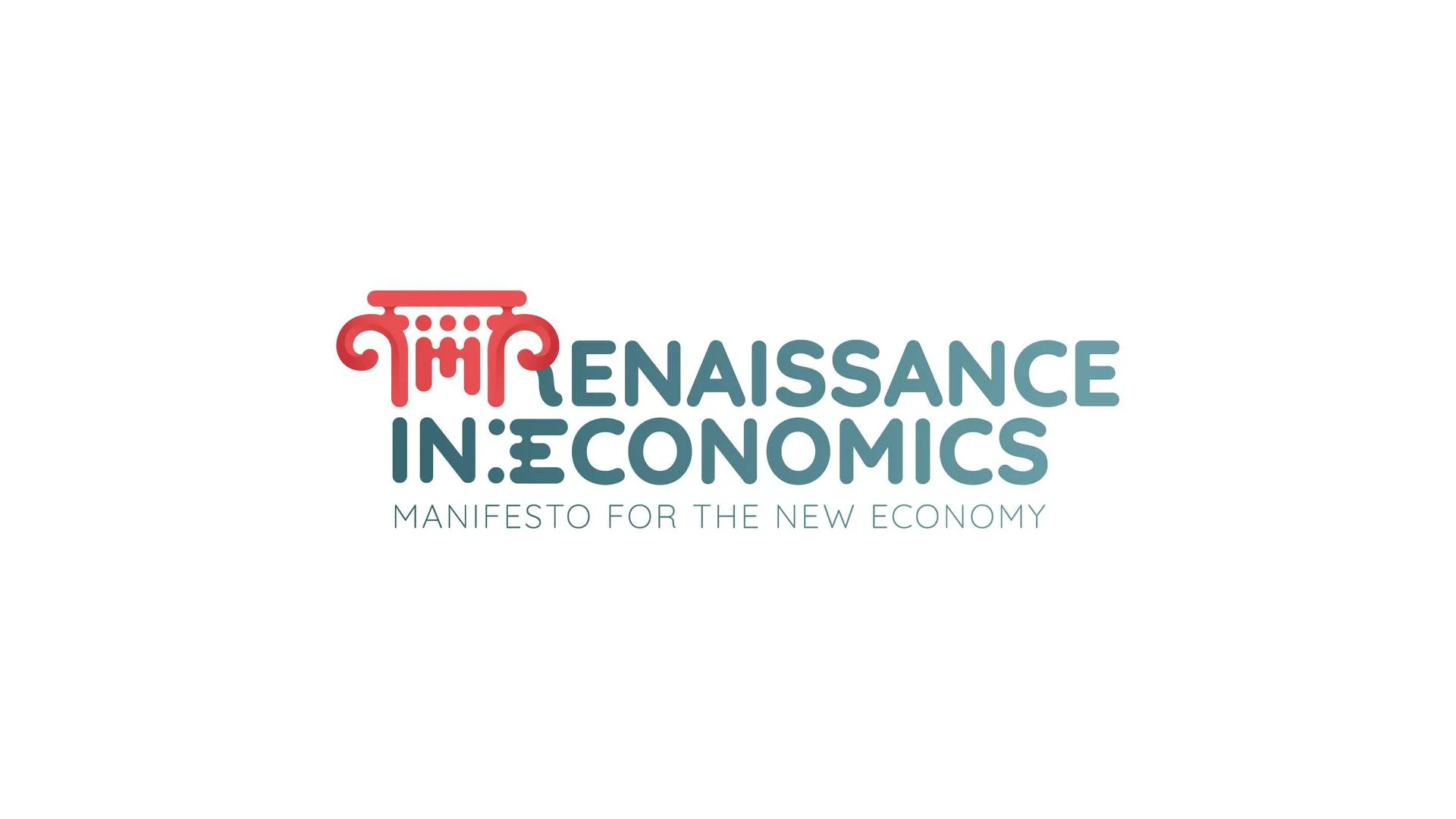The following article is archived and is no longer considered up-to-date. Please interpret its content in the context of the publishing date.

ARCHIVED
International Student Numbers Continue to Grow – But where do master’s applicants want to study?
Read a summary using the INOMICS AI tool
According to a recent OECD report on studying abroad, in 2012 more than 4.5 million students were enrolled in tertiary education outside their country of citizenship1. Pursuing higher-level education in a foreign country represents a superb opportunity for students not only to expand their knowledge in their discipline of interest but also to gain insight into other cultures, societies and languages. An international graduate has higher prospects in the labor market than a domestic student; moreover, as Michelle Obama mentioned in March 2014, companies have begun to realize the benefit that a study abroad experience can give to their employees: they are able to speak different languages, they have a sensitivity for people and they are more compassionate2.
According to the OECD report, the number of students enrolled in education outside their country of origin has increased significantly in the period of 1990 to 2011. Having more than doubled over 20 years, the number of international students increases annually at a rate of approximately 6% per annum, unslowed despite the recession and dour economic forecasts that many have become used to in recent years.
With the numbers of international students increasing at a steady rate, universities are looking for strategies to convince candidates to choose their institution as the best option to develop their career. So far, Australia, Canada, France, Germany, the United Kingdom and the United States between them receive more than 50% of all foreign students worldwide. However the long-term growth in students who are enrolling outside their country of origin opens the market to new players and new trends.
Here at INOMICS we decided to look into where international students want to pursue their master’s studies and what reasons are important in choosing those locations. The first finding that stood out was that only 23% of current bachelor students starting plan to start a master’s program at the institution where they did their bachelor’s. This (minority) group of students expressed their discomfort with change: having to look for new accommodation, funding opportunities and getting used to new learning methods and a new culture seemed to trigger their decision to stay in an already known environment. Additionally, budget restrictions and time availability for studies due to work commitments, contributed to their choice.
On the other hand, more than 70% of current students want to undertake a new challenge at a new institution or by going abroad. The reputation of the university, the quality of teaching and the desire for change were among reasons given by students to enroll elsewhere. Additionally, factors such as lower cost of graduate education, scholarship opportunities and job opportunities during and after studies have left countries like Germany in a strong position to attract international talent.
In addition to the top destination countries noted by the OECD in 2014 and mentioned above, new players like Netherlands, Italy, Chile, Ireland and Japan stood out in the INOMICS report as being up there among the preferred destination countries. Reasons given for their attractiveness included a relatively familiar culture, society and climate for applicants. The Scandinavian region also ranks among the new top priorities thanks to the high quality and reputation of education, promising career opportunities and scholarship support.
If you are interested in more details about the factors that influence students’ decisions about where to apply for master’s studies, we invite you to download our report here.
1Education at a Glance 2014: OECD Indicators 2Contribution of Michelle Obama to the discussion about study abroad education held at Stanford University’s Stanford Center at Peking University in Chin, CNN Staff, 2014
-
- Postdoc Job
- (Remote)
- Posted 1 week ago
Vacancy for a Postdoctoral fellow
At University of Ghent in Gent, Belgique
-
- Scholarship, Conference, Prize / Contest
- Posted 1 week ago
Call for Applications: Gateway to Global Aging Education Research Hackathon
Between 27 Jul and 30 Jul in Washington, États-Unis
-
- Summer School, Event, Supplementary Course, Workshop
- Posted 1 week ago
Institutional and Organizational Economics Academy (IOEA) 2026
Starts 6 Apr at Université Paris-Dauphine and Scientific Research Institute of Cargese in Cargèse, France













